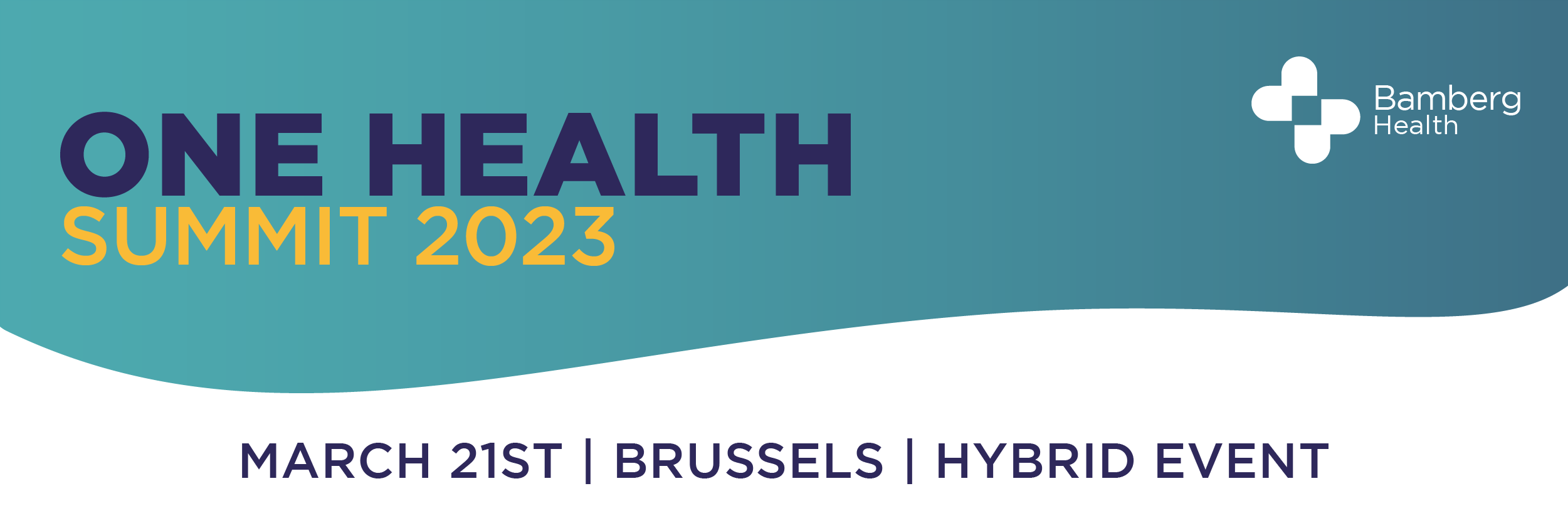
One Health Summit
The One Health Summit took place on 21 March 2023 in Brussels and brought together global experts to discuss the interconnectedness of health and the importance of a One Health approach that includes an environmental perspective and collaborative plans to prevent new pandemics of zoonotic origin.
The summit emphasized the need for action plans at the local level and the involvement of both policymakers and the private sector in global health. Discussions covered topics including the increase in cases of avian flu, the prevention and control of zoonoses, the importance of vaccination, and sustainable production approaches for feeding a growing global population. The summit aimed to enhance multi-sectoral coordination and efforts to combat threats to public health arising from interactions between humans, animals, and the environment.
The full programme is available at bamberghealth.com/agenda-2/one-health-summit-2023
Speakers included, among others:
- Dr. Borja Cabezón, Global Health Ambassador, Government of Spain
- Dr. Maria Van Kerkhove, Emerging Diseases and Zoonoses Lead, WHO
- Dr. Christian Walzer, Executive Director of Health, Wildlife Conservation Society
- Dr. Marta Valenciano, Lead Epidemiologist, DG SANTE, European Commission
- Dr. Karin Sipido, Head of Experimental Cardiology, KU Leuven. Member of the Scientific Advisory Board to Open Research Europe of the European Commission
- Mr. Benoît Miribel, Secretary General, One Sustainable Health for All
- Dr. Andrea Winkler, Co-Chair of the Lancet One Health Commission. In charge of the Center for Global Health at the Technical University of Munich
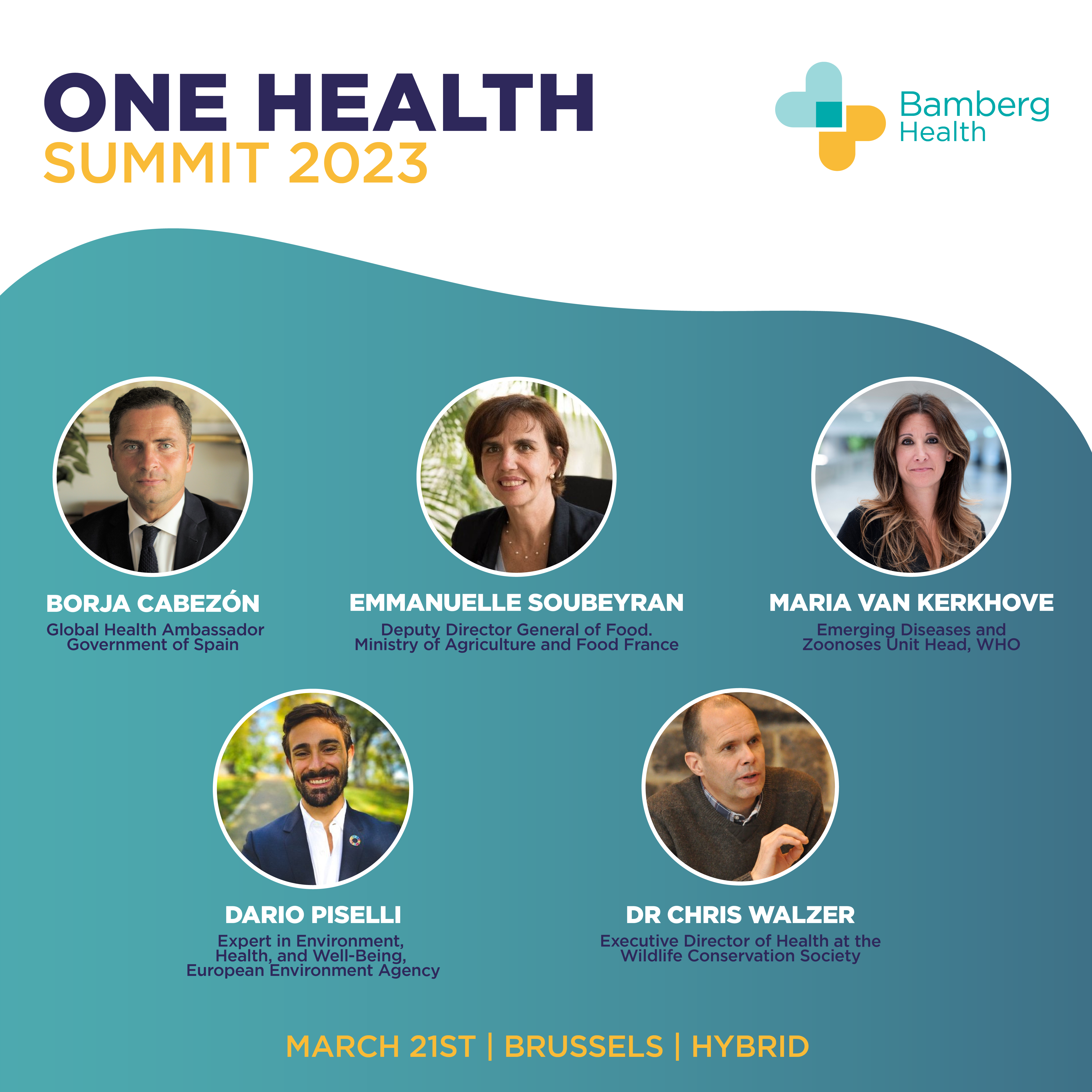
In a panel on Global One Health, Dr. Marta Valenciano, Lead Epidemiologist at DG SANTE, highlighted that the European Commission is building a Global Health Strategy that includes three guiding priorities, one of them being the use of a One Health approach to combat and prevent health threats. She emphasized the need to include One Health in the new WHO pandemic instrument, which the European Union and its partners are currently advocating for. The EU is currently funding several initiatives to build and strengthen joint infectious diseases surveillance systems in its Member States. Dr. Valenciano highlighted that the EU is working closely with the Quadripartite to tackle wildlife trafficking, biodiversity loss, and water pollution. DG Sante will organise a One Health Conference on 13th November in Luxembourg.
Dr. Borja Cabezón, Spain's Global Health Ambassador, emphasized that Spain’s priority is to promote a global heath system with a One Health approach focused on prevention, preparedness, and response to health threats. The government of Spain has a vision of global health based on three elements: 1/ adoption of a 2030 agenda and Sustainable Development Goals; 2/ consideration of the determinants of health, giving particular attention to the gender perspective; 3/ adopting a One Health approach. Dr. Cabezón concluded that it is necessary to build a model that harmonizes the necessary global coordination with a leadership role for the authorities and closer to the citizens.
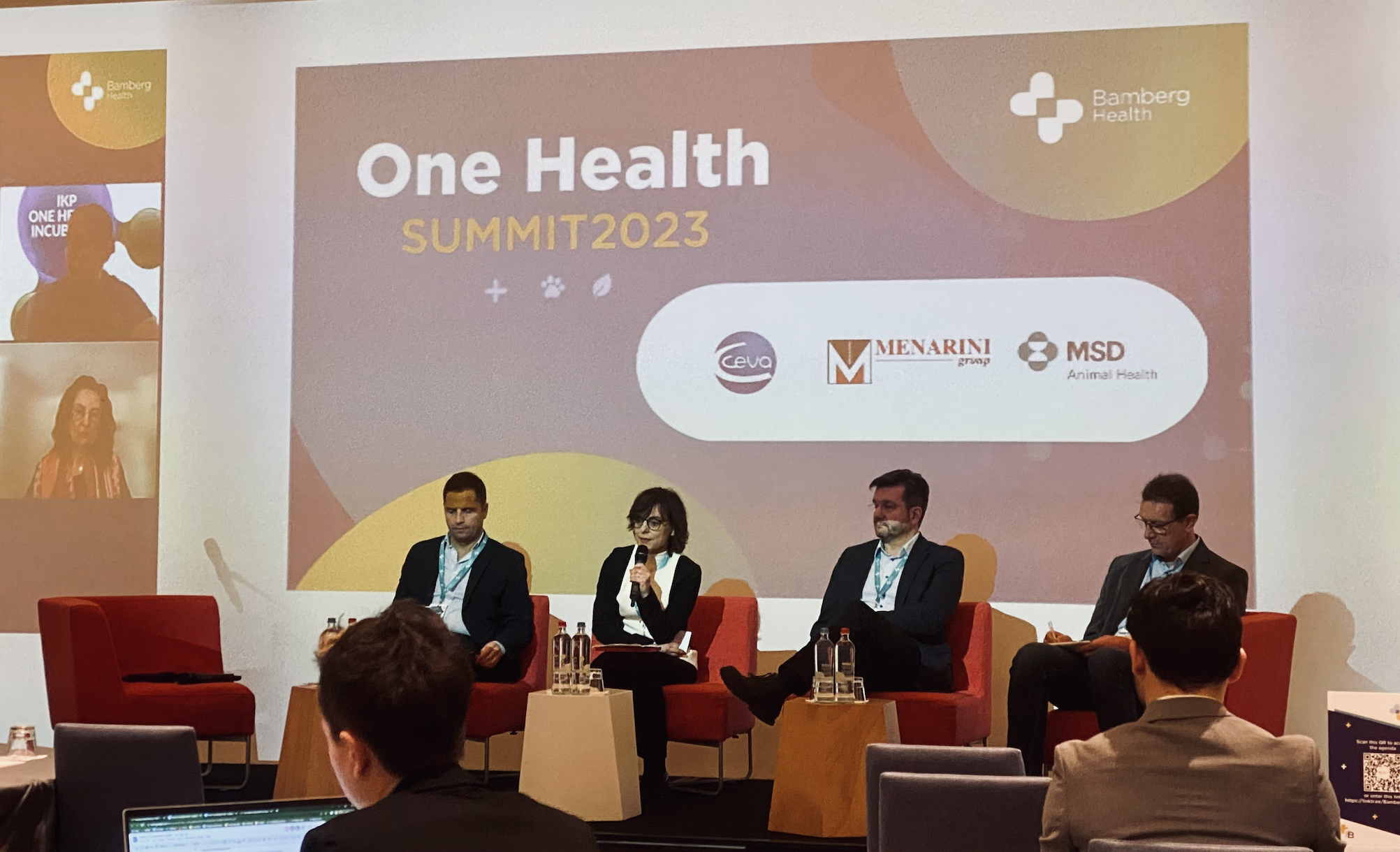
In a panel on One Health approach to Livestock and Fauna, Dr. Chris Walzer, Executive Director of Health at WCS, highlighted the need to stop environmental encroachment and degradation to prevent pathogen spillovers. The world is currently facing multiple simultaneous crises: infectious diseases, global inequities, climate change, and biodiversity loss. He explained that these crises are very dynamic processes and that we need to embrace that complexity and we need to address them holistically. One Health it's not only about public health, which is one of the tools, but it is also about other sectors, including livestock production and wildlife conservation. Dr. Walzer stressed that one aspect that is often overlooked is the devastating impacts of livestock diseases on wildlife, as shown by the avian flu from poultry to wild birds or the Peste des Petits Ruminants from domestic sheep and goats to the saiga antelopes in Mongolia.
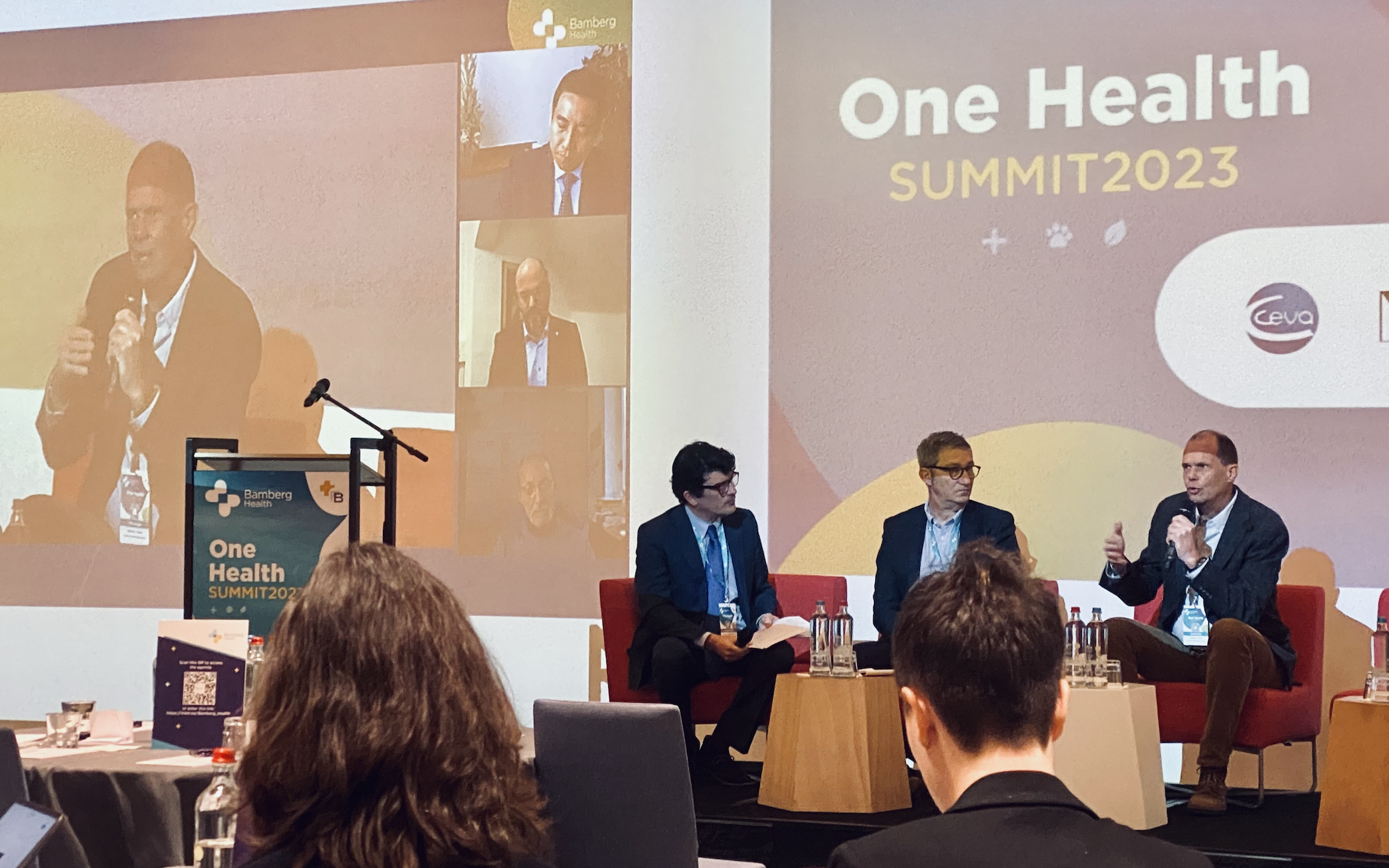
In the afternoon session, Dr. Chris Walzer presented on 'Exploring the Environment-One Health nexus: Interfaces, Practices and Policy'. The science is clear that pandemics of zoonotic origin, such as COVID-19, are directly related to the increased human/wildlife interface caused by land-use change, in particular deforestation and forest degradation; and the role of urban markets in live wild birds and mammals and wildlife farm. He emphasized the importance to work closely with local communities, to integrate their traditional knowledge, and to better understand what their needs are. He also noted that research and disease surveillance are at the core of the solution, in particular to better understand viruses and mutations in the wild. Recent studies show that the single most effective and cost-effective way to prevent pandemics is to avoid pathogen spillover to humans, wildlife, and other animals in the first place, referred to as pandemic prevention at source. Regarding global policy , Dr. Walzer stated that we need to engage with policymakers and decisionmakers to emphasize the crucial links between ecosystem integrity, biodiversity conservation, and health . In particular, he noted the critical need to include pandemic prevention at source in the new World Health Organization (WHO) instrument to strengthen pandemic prevention, preparedness and response.
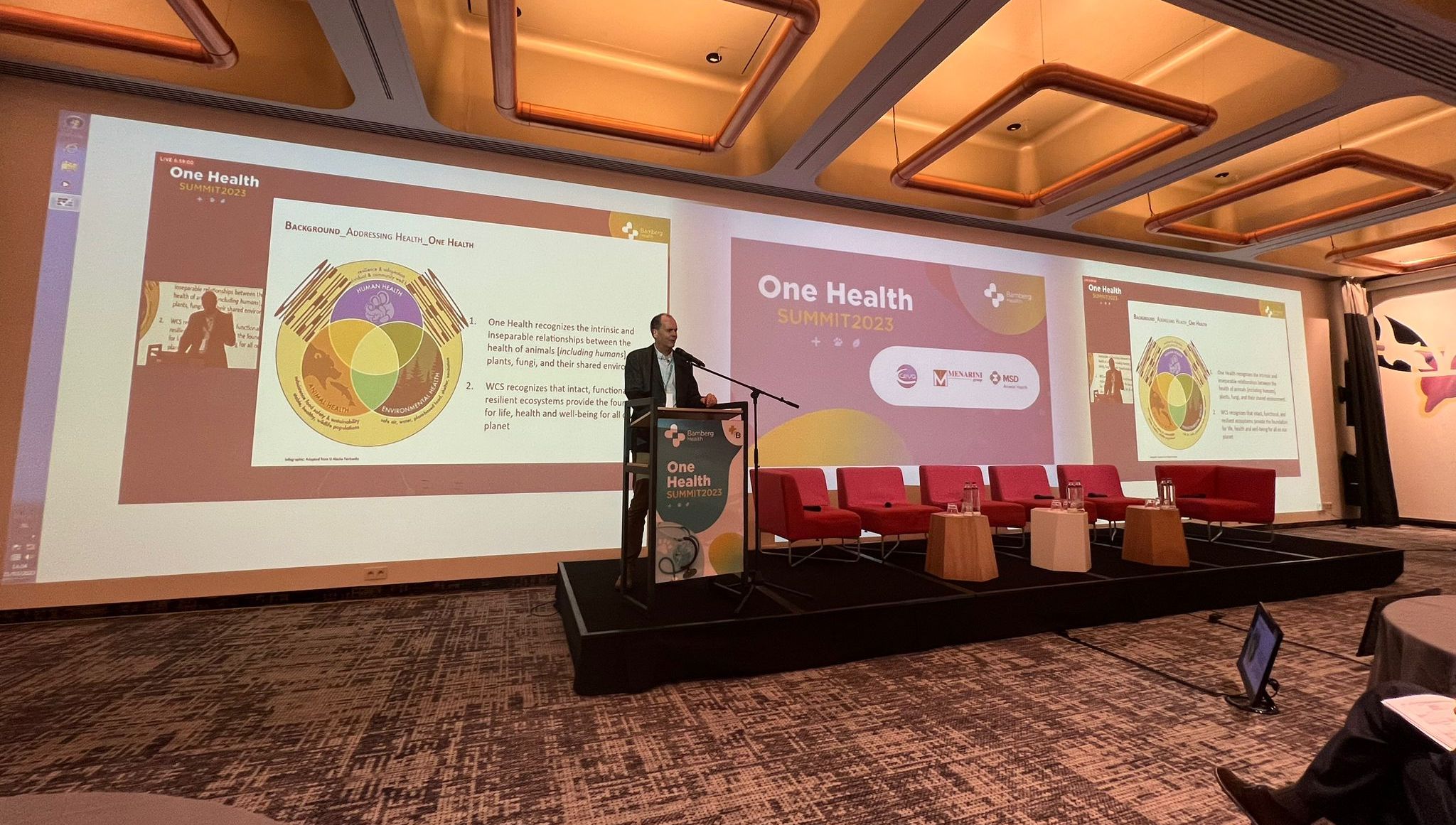
In a panel on Prevention and Control of Zoonoses, Dr. Maria Van Kerkhove, Emerging Diseases and Zoonoses Lead at the WHO, highlighted the drivers of spillovers risk, such as the increased frequency with which people and animals interact, particularly with wildlife, as well as deforestation and climate change. She also noted the importance to tackle amplification factors, including the change in human movement, migration, and displacement, reduced trust in science, reduced transparency, and reporting issues regarding spillovers. She further noted that the pandemic brought the attention on the importance of prevention and preparedness, and that prevention is far more cost-effective compared to the trillions of damage and response. Dr. Van Kerkhove concluded that we need stronger policies on early detection and prevention, which have to be implemented at the local level.
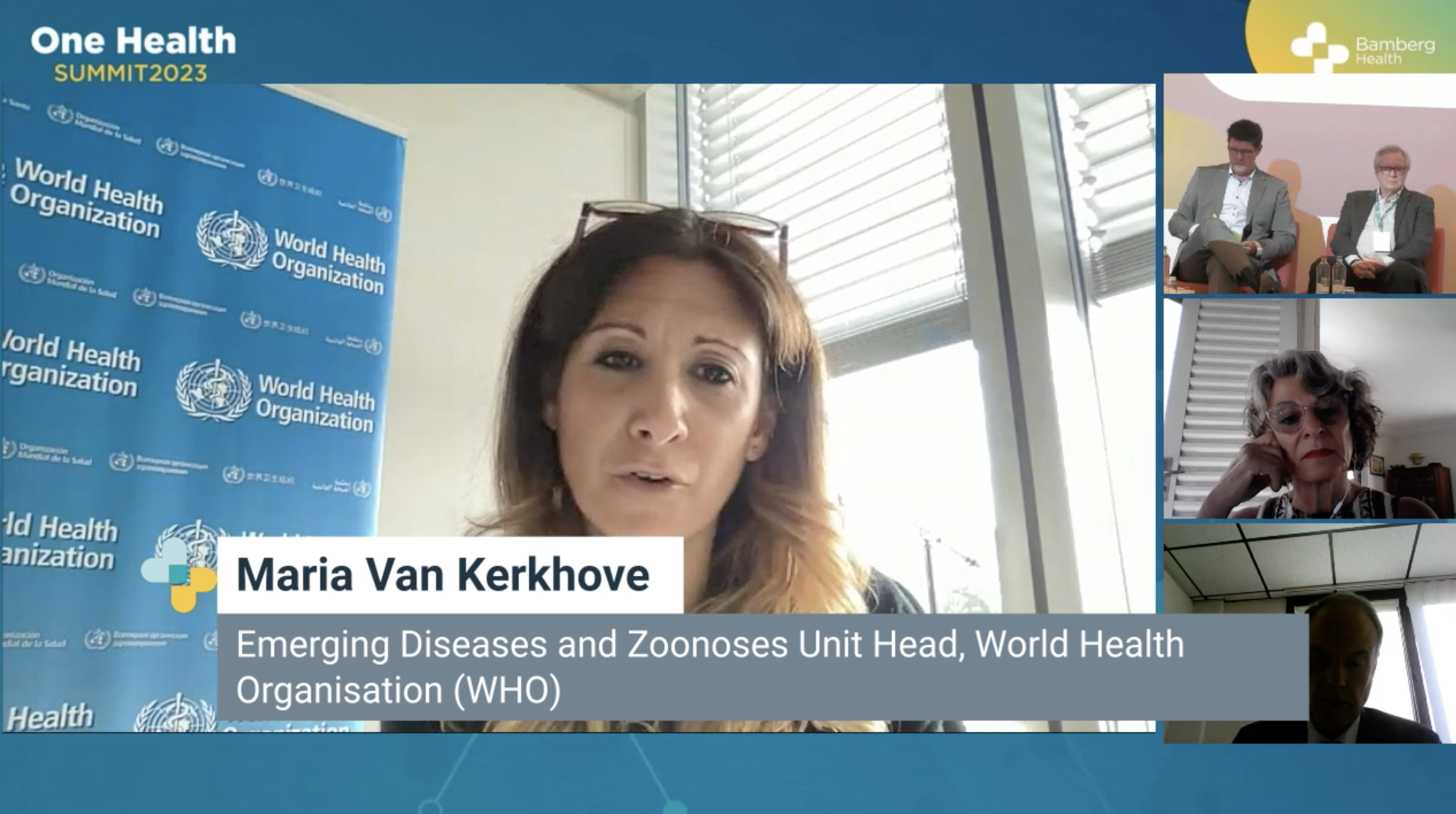
READ MORE
WCS and One Health
Pandemic prevention at source
Links between Ecological Integrity and Human Health
Best Practices to Confront Pandemics at the Source
WCS Recommendations to Reduce Pandemic Risk